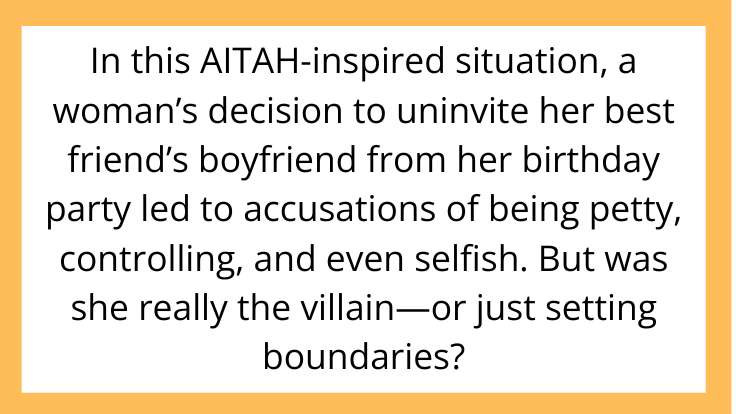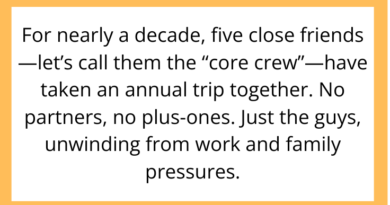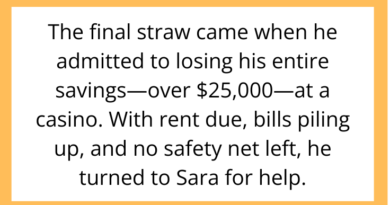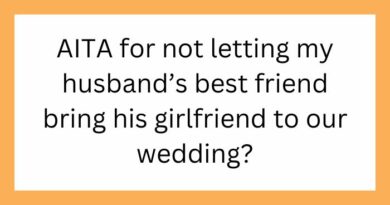AITAH for Telling My Best Friend She Can’t Bring Her Boyfriend to My Birthday Because I Don’t Like Him?
Birthdays are supposed to be about joy, connection, and surrounding yourself with people who make you feel loved. But what happens when one guest’s presence ruins the vibe entirely—especially when that guest is dating your best friend?
In this AITAH-inspired situation, a woman’s decision to uninvite her best friend’s boyfriend from her birthday party led to accusations of being petty, controlling, and even selfish. But was she really the villain—or just setting boundaries?
Let’s get into the details.
The Setup: A Party for Close Friends Only

A 27-year-old woman—let’s call her Sara—shared her dilemma on Reddit’s AITAH forum. She was planning her birthday dinner at a nice restaurant and had invited a small group of close friends. The party was intimate—just 10 people—and meant to be relaxing and personal.
One of her oldest friends, Emma, asked if she could bring her boyfriend, Matt.
Sara hesitated. She had never liked Matt. In her words, “He’s rude, constantly makes inappropriate jokes, and once argued with the waiter for 10 minutes over a tip.” Sara tolerated him for Emma’s sake, but she didn’t want that energy on her special night.
So, she told Emma she’d love for her to come—but without Matt.
Emma didn’t take it well.
The Fallout: “If He’s Not Invited, I’m Not Coming”
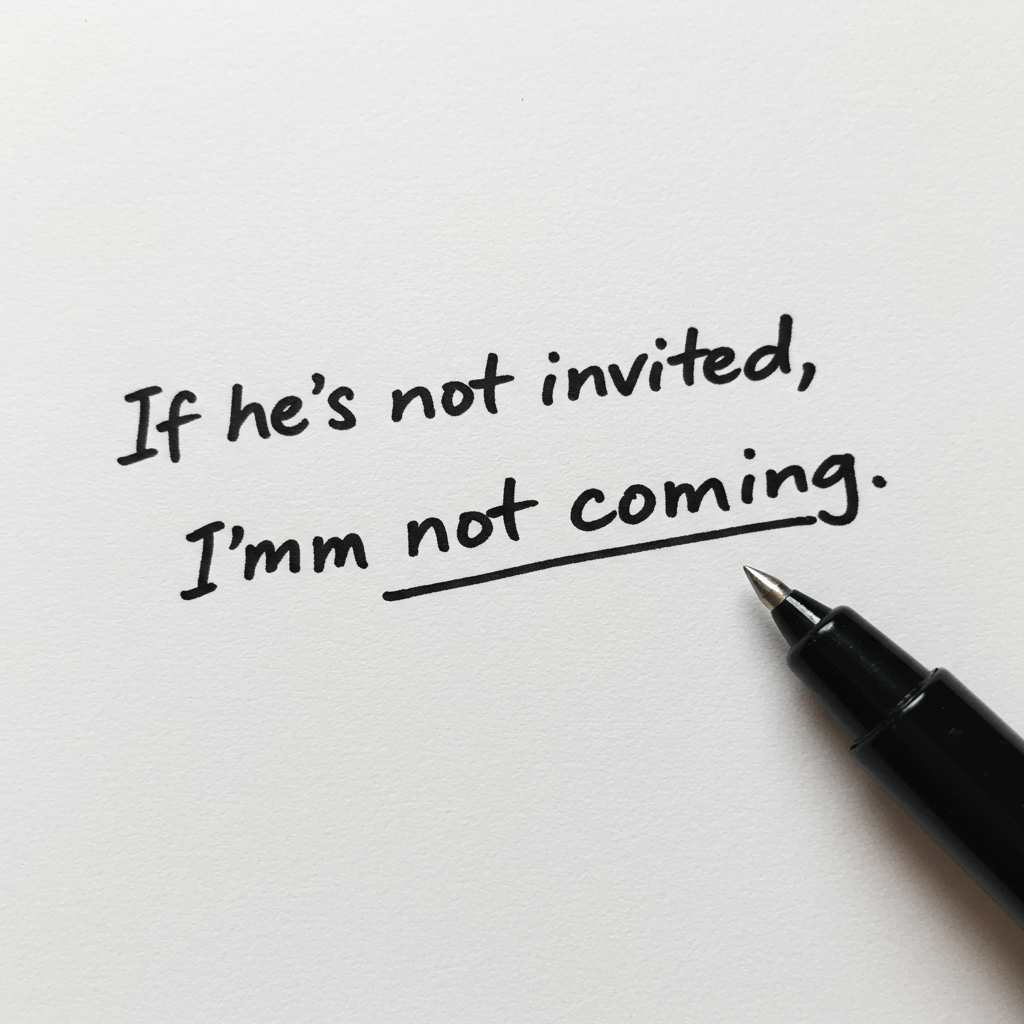
Emma responded with anger. She accused Sara of being exclusionary and immature. According to Emma, Matt was her partner and should be treated with respect.
“She said if I can’t accept her boyfriend, then I’m not really her friend,” Sara explained.
Sara stood her ground. She reiterated that the dinner was for close friends only, and that Matt’s behavior had made her uncomfortable in the past.
Now, Emma is refusing to come, and some of their mutual friends are calling Sara unreasonable for drawing a line over “just one person.”
Sara turned to Reddit with a simple question: AITAH for telling my best friend her boyfriend isn’t invited to my birthday party?
Drawing Boundaries vs. Controlling Behavior
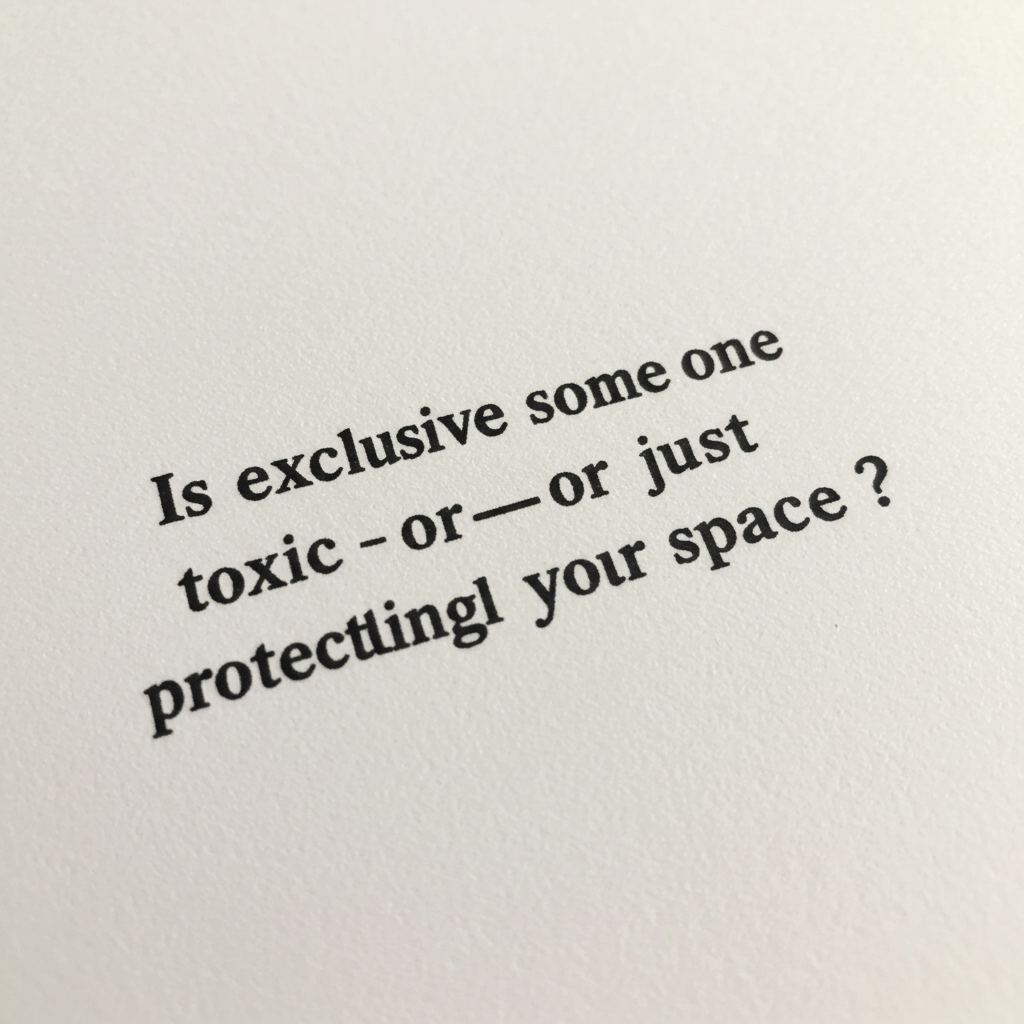
The Case for Sara: Protecting the Guest List
It’s her birthday, her event, her guest list. When planning a personal celebration, especially a small one, it’s entirely reasonable to want only people around who make you feel comfortable.
Sara didn’t ban Emma from attending—she simply didn’t want a plus-one she had bad experiences with. Birthdays are about joy, not damage control.
Also worth noting: this wasn’t a wedding or major public event where etiquette demands inclusivity. This was a personal dinner.
The Case for Emma: Feeling Dismissed and Disrespected
On the flip side, Emma may feel like Sara is dismissing a major part of her life. Matt is her boyfriend, and excluding him might feel like excluding her as a couple.
To Emma, it likely wasn’t about the dinner—it was about principle. She may feel forced to choose between loyalty to her relationship and her friendship.
Reddit’s Take: Nuanced, But Clear

The AITAH community weighed in, and while opinions varied slightly, most comments supported Sara.
“You are absolutely allowed to choose who is in your space,” one top comment read. “If someone repeatedly makes you uncomfortable, you’re not obligated to invite them.”
Others pointed out that a good partner should understand that not everyone has to like them—and not every social event is about them.
A few users offered a more middle-ground view:
“Soft NTA. You’re not wrong for excluding him, but if Emma is that close to you, maybe a private conversation with her beforehand could have softened the blow.”
The Bigger Issue: What Happens When Friends Hate Your Partner?
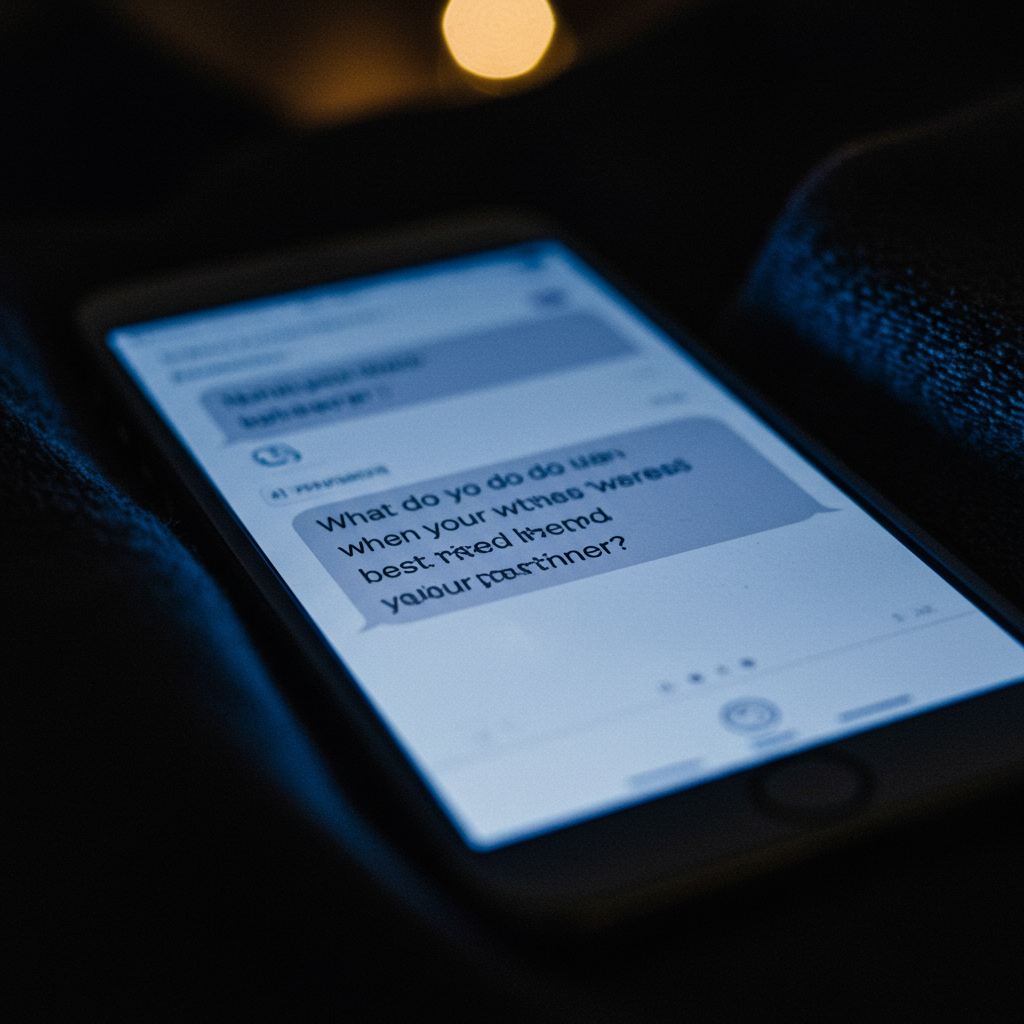
This scenario speaks to a larger dilemma many face: What happens when your best friend dislikes your significant other?
It’s not uncommon. Sometimes, friends see red flags before you do. Sometimes, personalities simply clash. Either way, tension builds when personal relationships conflict with romantic ones.
The key lies in balance: friends should respect relationships, and partners should respect existing friendships. But when one party becomes toxic or disruptive, boundaries are not only allowed—they’re essential.
Communication is Key—Even When It’s Awkward

Here’s what both parties could have done differently:
What Sara Could Have Done:
-
Given Emma a heads-up about how she feels about Matt.
-
Offered a separate time to celebrate together.
-
Communicated calmly that the decision wasn’t personal, but emotional.
What Emma Could Have Done:
-
Respected Sara’s feelings about her own event.
-
Explained her side without threats or ultimatums.
-
Acknowledged Matt’s behavior may have contributed to the situation.
The Verdict: Not the Villain—But Handle With Care

Setting boundaries doesn’t make you the villain. Sara had every right to create a space that felt comfortable and enjoyable to her. It’s her birthday, not a public debate.
That said, how those boundaries are communicated makes all the difference. In friendships, clarity and compassion go a long way.
Sara didn’t owe Matt an invite—but she did owe her best friend an honest, thoughtful conversation. And if Emma values the friendship, she may come around in time.
